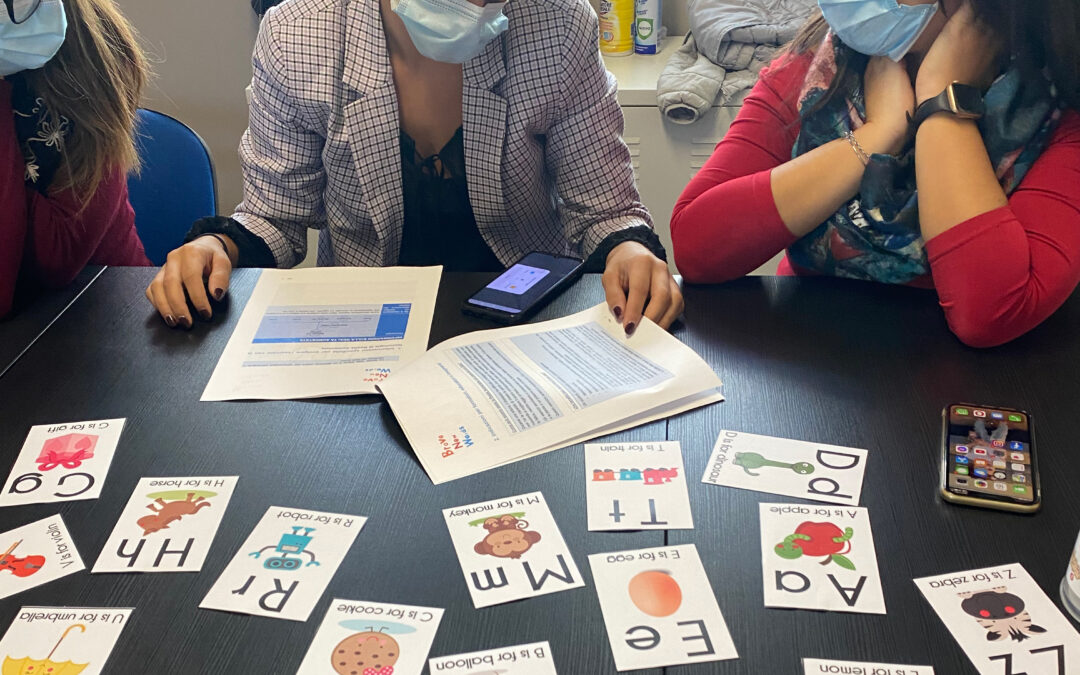On the 16th of October 2021, the Italian pilot day of the project Brave New words took place in SI.DA Association centre in Palermo, SI.DA staff tested the Augmented Reality exercises produced by the project consortium.
BRAVE NEW WORDS – “Innovative educational tools for training and teaching people with Special Learning Disorders” project is funded by the European Commission under the Erasmus+ programme, KA2 – Strategic Partnerships for adult education and it involve 4 partners from different European countries: Italy, Spain, Bulgarian and Poland.
The project aimed to create innovative learning pathways that increase the quality of the work of educators and staff members dealing with students with Special Learning Disorders (SpLD), using 3D Printing and Augmented Reality.
After the first training session that took place on the 9th June and the 20th of July the project managers of CEIPES organized a session on the 3D printing technology and the eleven exercises were tested by the SI.DA Staff, experts of SpLD. They gave very useful feedback, and they expressed the desire to continue using the 3D models for future activities with children with SpLD.
During the activities carried out, the Augmented Reality exercises produced by the project consortium were tested. All the staff of the SI.DA centre expressed great enthusiasm in discovering this great technology.
Each specialist tested the exercises thanks to a well explained methodology. The exercises tested were seven and the feedback had will be very useful to understand how to improve the exercises.
This day was organized for testing the exercises previously created on two different Apps: “3DBear” and “AClass!”. Both apps are free and available in the libraries of their smartphones. After easily downloading the Apps, it was necessary for the SI.DA staff to download the necessary material from the Brave New Words project website.
The material is easily accessible from any smartphone or tablet, for free. It is only necessary to select the exercise and then select the desired language. This simple way of accessing the material gives a further advantage to the use of the exercises.
Furthermore, the exercises will be available in the future thanks to the use of this training to the staff and also to the children who can be helped in the learning phase.
In the following months the specialist will test the games with children with SpLD to have more feedback too on the materials created.
The first feedback from specialist were very positive.
For further information follow us on our website and Facebook and Instagram accounts.

